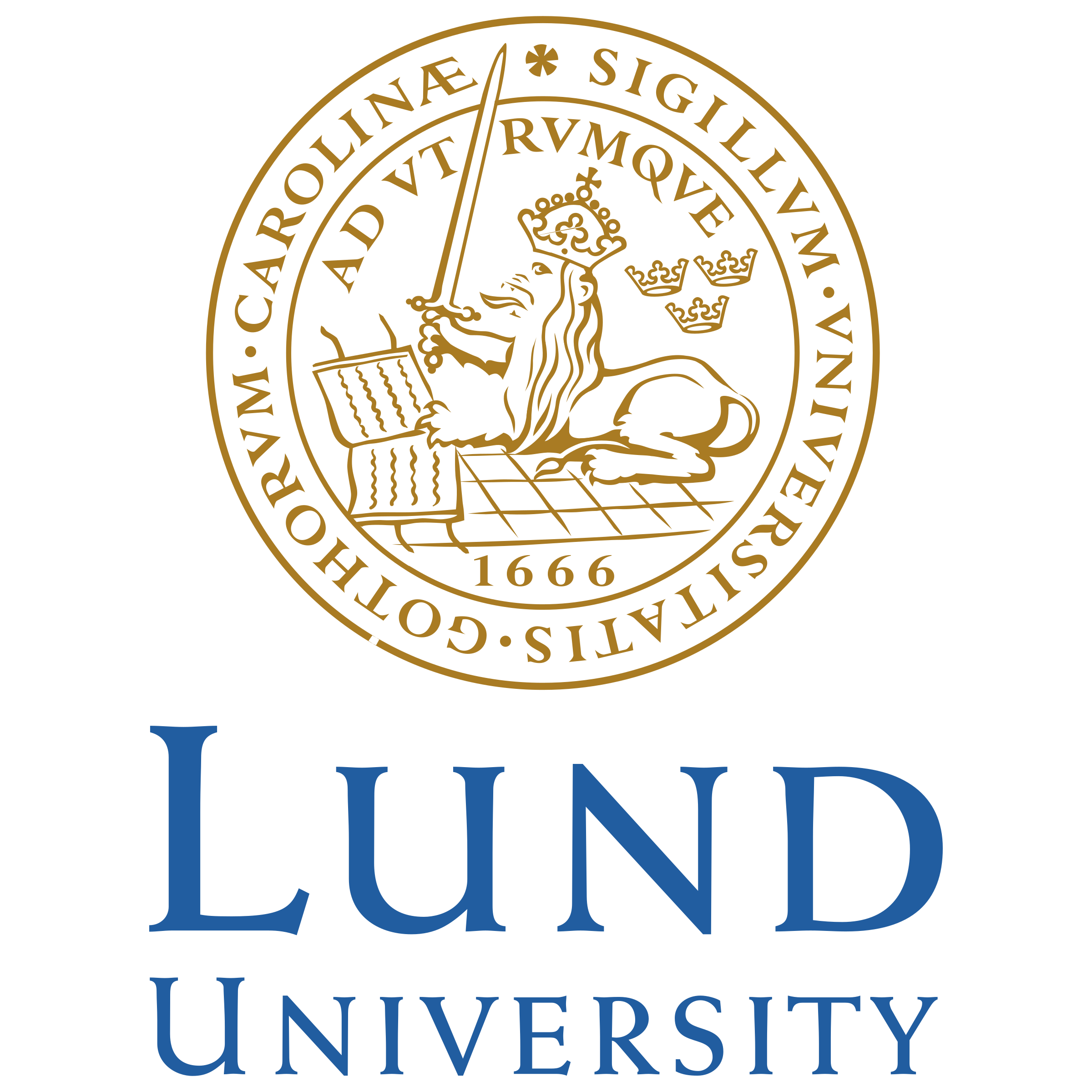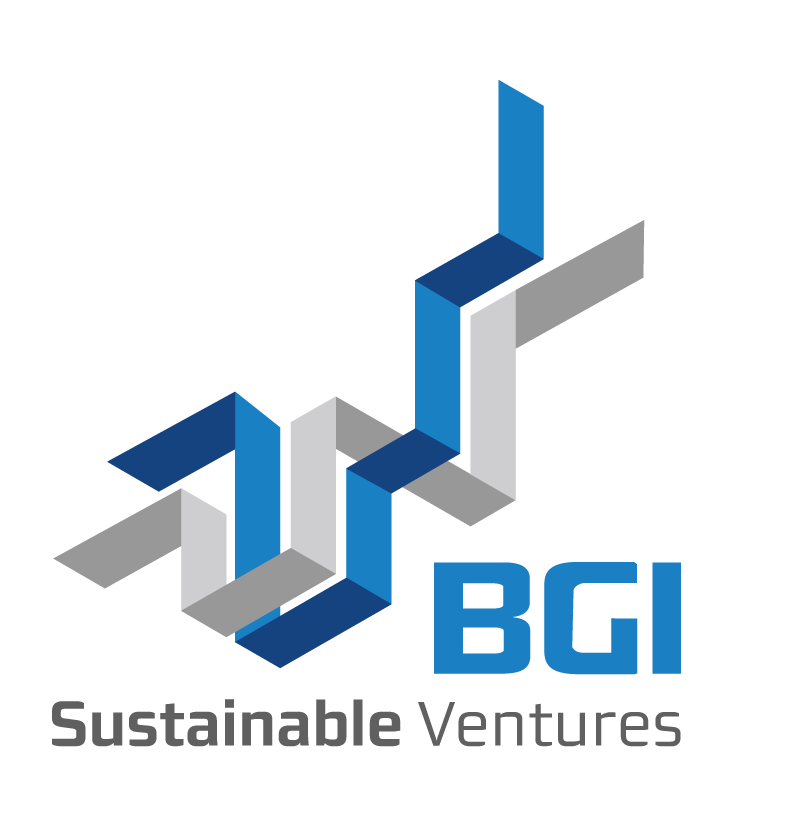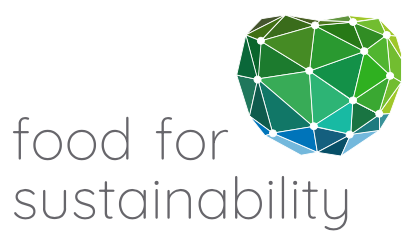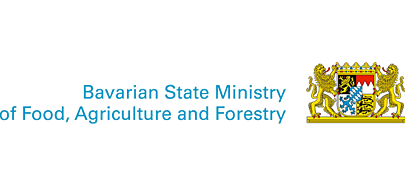Grow Learn: Autumn School
Unlock the potential of regenerative farming with Grow Learn: Autumn School.


Course information
- Dates
-
November 18th – December 4th (Online)
- Fee
-
€60.5 (21% VAT included)
- Applications
-
Open until November 8th
- Language
-
Combined English/Portuguese

About : Are you ready to take your impact in agriculture to the next level?
The Grow Learn: Autumn School equips participants with the skills, knowledge, and network needed to succeed in sustainable and regenerative agriculture. You will gain practical insights into pesticide risks and safe use, soil microbiome management to reduce chemical inputs and effective strategies to implement biocontrol solutions.
Through case studies and interactive discussions, the programme prepares you to face emerging challenges such as new pests, diseases and climate change. This hands-on training translates science into practice, enhancing resilience, sustainability and environmental health across the agri-food system.
Join a community committed to innovation and sustainability — and take a decisive step towards advancing your career and the future of farming!
Visit growproject.eu for more information and get to know more about all of our activities!
Delivered by Leading Experts
Top European institutions and industry leaders are part of this Autumn School:
Food4Sustainability, AmpliAqua, Eurofins, DGAV, Asfertglobal, INIAV, IPSantarém (Portugal), Global GAP (Germany), Timac Agro (France), Tradecorp (Spain), EFSA, PAN Europe.
Expertise • Accreditation • Network
Advantages
By completing the Grow Learn: Autumn School, you will:
- Apply regenerative farming practices: Build healthier soils and more resilient crops.
- Innovate your farm or business: Increase efficiency, sustainability, and impact.
- Develop practical skills: Solve challenges and turn ideas into action.
- Connect with experts: Learn from mentors and industry leaders across Europe.
You will leave ready to drive sustainable innovation and resilience in agriculture and the agri-food sector!
Structure & Modules : Your Learning Journey in 6 Modules
The Grow Learn: Autumn School is delivered online with a mix of self-paced resources and live interactive sessions:
- Module 1: Fundamentals & Impact of Pesticides – Learn about pesticide classification, risk assessment and strategies to protect the environment.
- Module 2: Sustainable Practices in Crop Protection – Discover current practices, future trends and regulatory guidance to improve your operations.
- Module 3: Soil Microbiome Management to Reduce Pesticide Dependence – Explore effective soil management strategies to promote suppressiveness and enhance plant health, and tools to monitor soil health.
- Module 4: Transition Strategies to Biocontrol Solutions – Explore practical methods to implement biological control and biostimulants with real-world case studies.
- Module 5: Emerging Challenges in Agriculture I – Gain practical insights into microbiological risks in food production and strategies to manage new pests and diseases.
- Module 6: Emerging Challenges in Agriculture II – Explore how climate change impacts agriculture and learn about legislation and adaptation strategies for your farm or business.
SPEAKERS
Feedback from our participants
92% rated their overall school experience as
Good or Very Good
91% rated the quality of sessions as
Good or Very Good
TOP Participants highlighted the expertise of speakers, clarity of presentations, and
relevance of topics

Testimonial GROW Alumnus Ian Marshall : From Soil to Society: One Farmer’s Solution Inspiring Many
What happens when you bring together farmers, academia, business, and industry? You get GROW — a unique learning programme by farmers, for farmers — designed to spark real-world solutions that create lasting impact.
Meet Ian Marshall: a dairy farmer, politician, former senator and union leader, whose journey is anything but ordinary. Through GROW, Ian shared a simple yet powerful innovation — a low-cost water management system implemented on his farm. The result? A practical, scalable solution that's already inspiring fellow farmers and government officials to rethink sustainability on the ground.
Ian is proof that when diverse experiences meet collaborative learning, transformation happens — not just on the farm, but across the entire food system.
Let Ian’s story remind us: every farmer has the power to lead change in building a sustainable planet.
Ian's testimonial gives hope for the future, that younger generations will see agriculture not just as tradition, but as a vibrant, sustainable career!
You will learn the following competencies: :
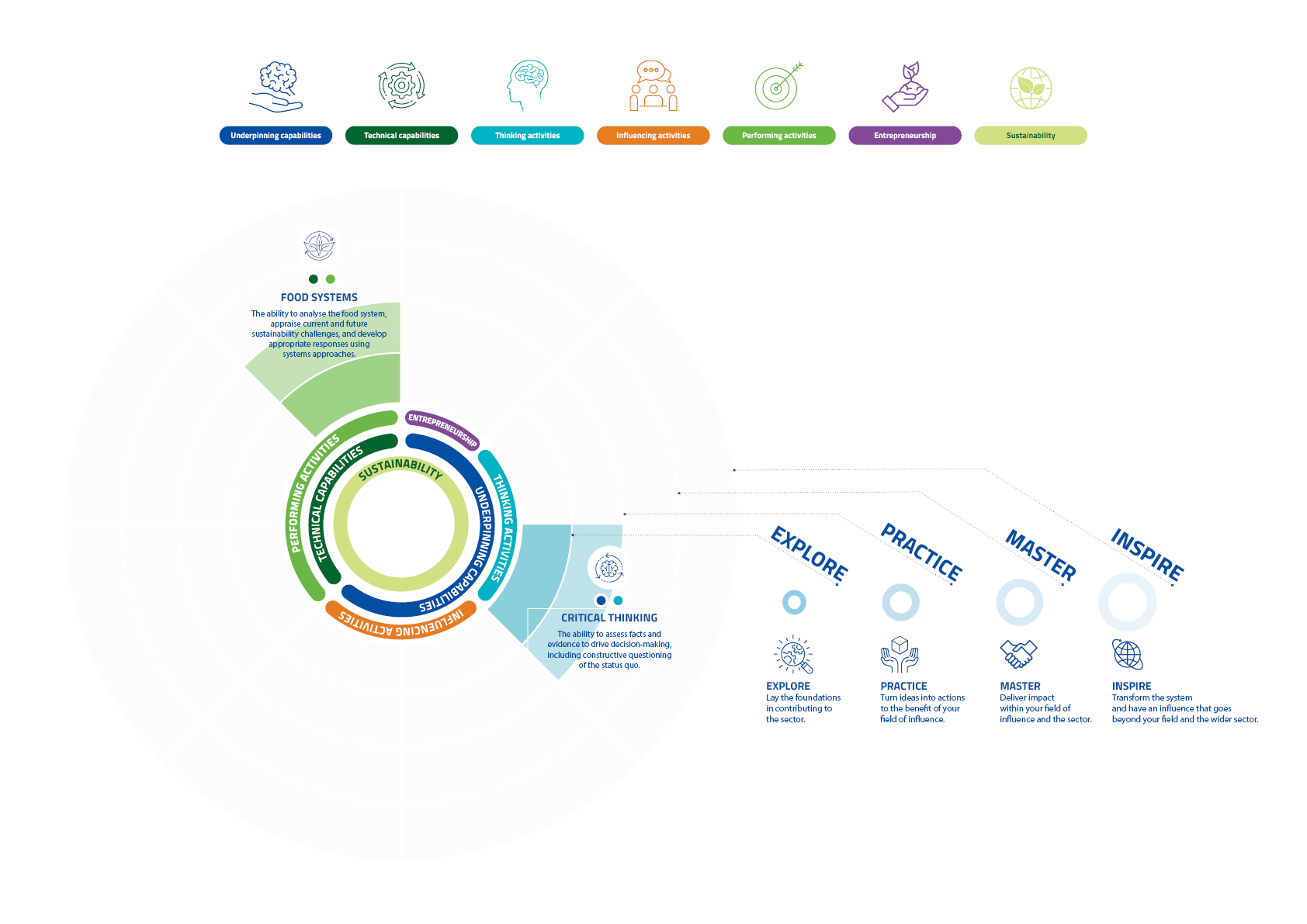
Food systems
- Analyse the food system using a range of systems approaches to appraise current and future sustainability challenges.
- Implement innovative responses to address sustainability challenges in the food system.
Critical thinking
- Collect, analyse, interpret and report information to develop sustainable solutions to current and future challenges.
- Appraise unintended consequences of any course of action to devise ethical goals.

Career Opportunities : This programme is for you!
Training at the Grow Learn: Autumn School opens doors for you to:
- Launch agritech ventures: Turn innovative ideas into start-ups or market solutions.
- Advance in agribusiness: Strengthen your profile for roles in companies across the sustainable food and agriculture sector.
- Consult and advise: Support others in adopting sustainable practices.
- Teach and train: Deliver courses and workshops in sustainable agriculture.
- Join NGOs or advocacy groups: Work on environmental protection, rural development and agricultural sustainability.
- Influence policy and governance: Contribute to agricultural legislation, eco-schemes and sustainability programs.
- Communicate and share knowledge: Become a content creator, journalist, or spokesperson in agri-food innovation.
Activity Leader :
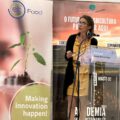
Cláudia Costa
Operations Researcher - Food4Sustainability
claudia.costa@food4sustainability.org Connect on LinkeInPartners : In collaboration with
Related courses
View our full course catalogue
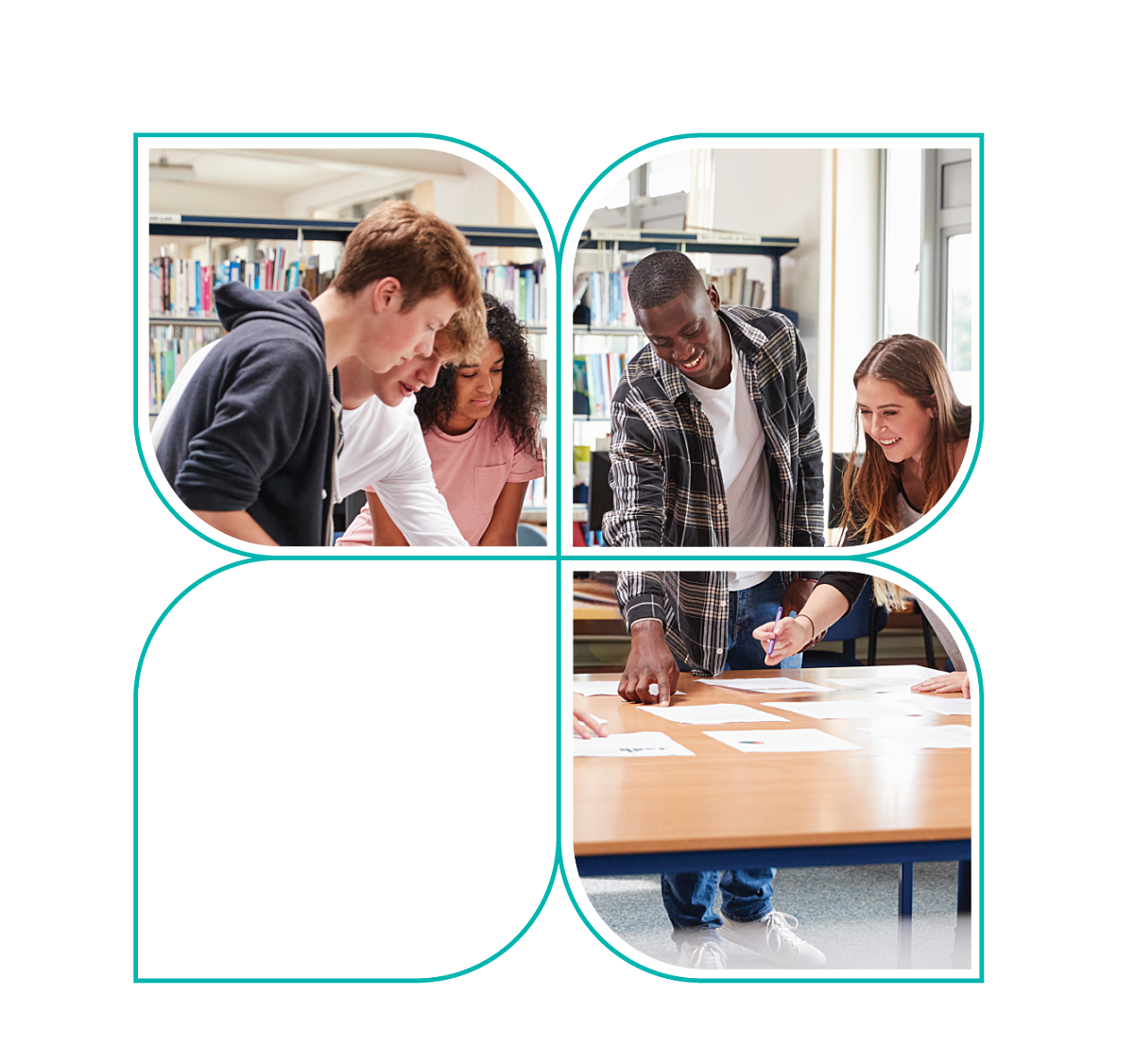
Inspire - Circular Agrifood


SMAF - Smart Agriculture Farming


Grow Learn Express - Essentials for Soil Health




